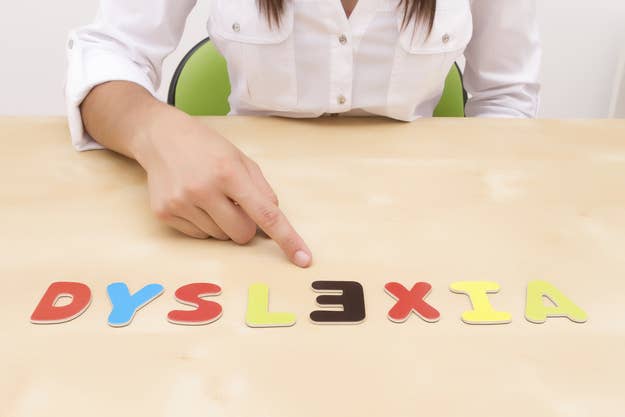
Dyslexia is a "meaningless term" and millions of children may have been wrongly diagnosed, experts at Yale and Durham Universities are claiming in a new book.
The academics are calling for the end of the term "dyslexia," which they claim is "unscientific and lacks meaning," the Telegraph reports.
Dyslexia, they say, has become an umbrella term used too frequently for children who display wildly varied reading problems, which ends up wasting resources from putting the children through diagnostic tests.
"Parents are being woefully misled about the value of a dyslexia diagnosis," said Julian Elliot, a professor of education at Durham University who wrote The Dyslexia Debate with Yale University professor Elena L. Grigorenko.
The book, which will be published next month, is the culmination of five years of research.
Elliot, who used to teach children with learning disabilities, said the focus should be less on labeling children's difficulties and more on helping them to read. Elliot writes:
Typically, we search for a diagnostic label when we encounter problems because we believe that this will point to the best form of treatment. It is hardly surprising, therefore, that the parents and teachers of children with reading difficulties believe that if the child is diagnosed as dyslexic, clear ways to help them will result. Research in this field clearly demonstrates that this is a grave misunderstanding.
In the United States, 10–15% of people have dyslexia, according to the Dyslexia Research Institute, but only 5% of those people are actually diagnosed.
Though the authors are not questioning many people's reality of having reading problems, they feel the term "dyslexia" is too vague. Symptoms of the disorder can often be present in one person who is diagnosed and absent in another, the researchers claim, which can make similar educational treatment unreliable.
Some experts are challenging the book's authors, claiming the term still has scientific and educational value.
"We don't buy the argument that it is wasteful to try to understand the different reasons why different people struggle. And for very many, those reasons fall into a consistent and recognizable pattern that it is helpful to call dyslexia," said Dr. John Rack, head of research, development, and policy for Dyslexia Action. "Helpful for individuals because it makes sense out of past struggles and helpful for teachers who can plan the way they teach to overcome or find ways around the particular blocks that are there."
